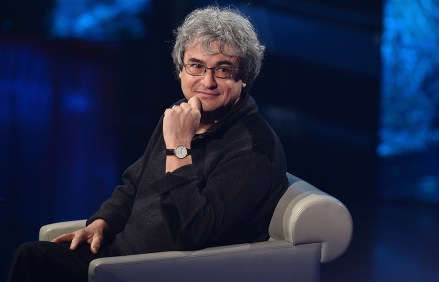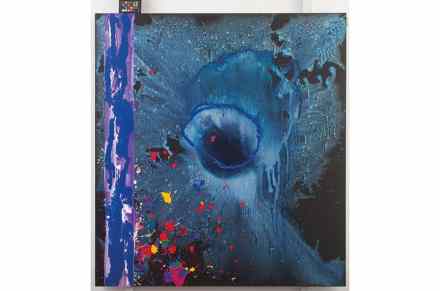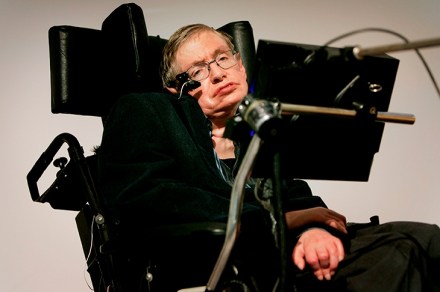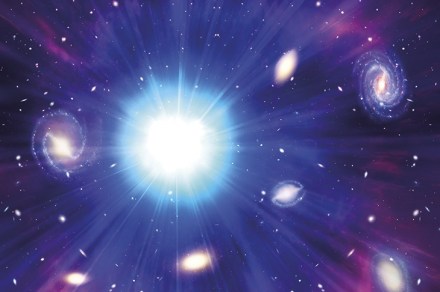Are we finally beginning to understand gravity?
The question of why things fall has puzzled our species since we crawled out from the darkness of our primitive ignorance. Aristotle was the first to offer a serious theory. He proposed that each of the four elements (earth, air, fire, water) had a natural place to which it innately wanted to return. Fire and air rise because their place is in the heavens, whereas earth and water return to the Earth. Aristotelian philosophy had such a profound impact on human thought that this view prevailed for nearly 2,000 years. Only with the Renaissance and the ideas of Kepler and Galileo was it finally challenged; and only by standing on






